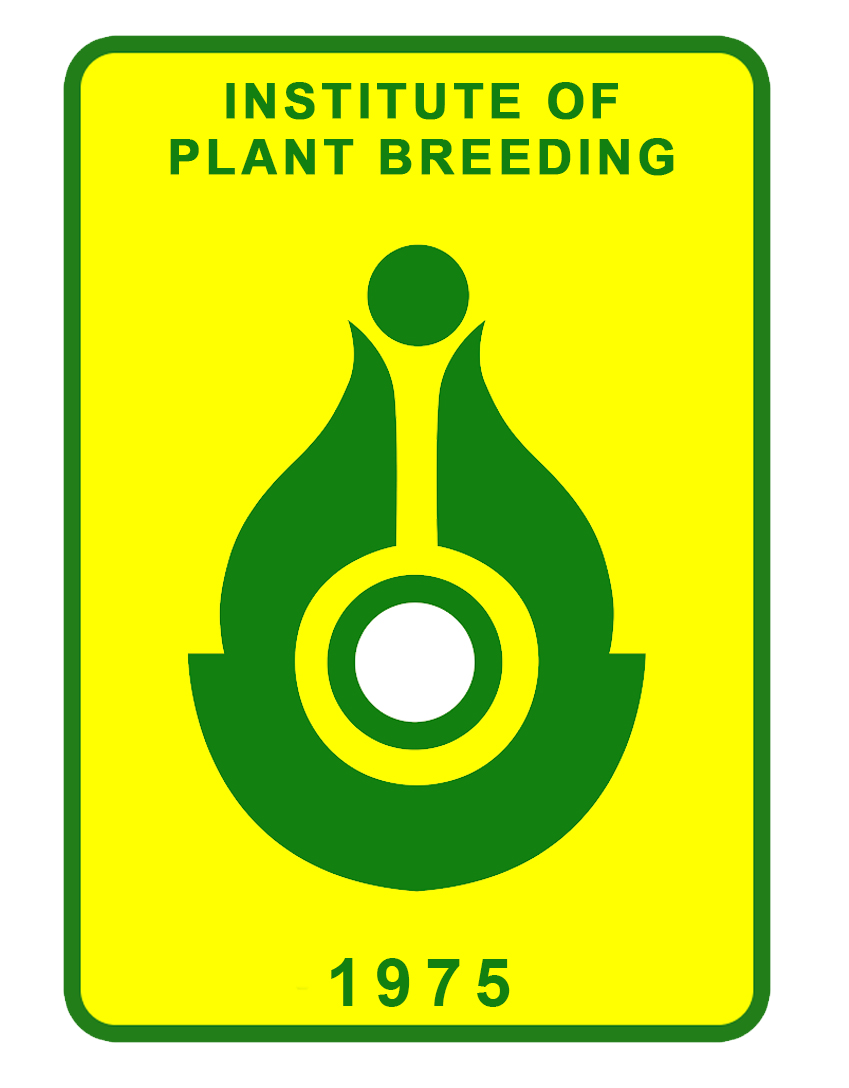
The Institute of Plant Breeding (IPB), in collaboration with the Bureau of Plant Industry-Baguio National Crop Research, Development and Production Support Center (BPI-BNCRDPSC), conducted the “Training of Trainers on Vegetable Breeding and Statistical Analysis for Crop Research” at BPI Compound, Guisad, Baguio City on January 25 and 26, 2023.
More than 20 attendees actively participated in the two-day training, which aimed to provide learners an in-depth knowledge and application of the breeding techniques towards vegetable varietal development as well as the proper implementation of statistical analysis for crop research.
Dr. Jesus R. Aspuria, center chief of BPI-BNCRDPSC, acknowledged the participants and staff of IPB, and he pointed out the benefits of the activity in his opening remarks. “We are fortunate that IPB has accommodated our request. Let us take this opportunity to learn from our experts,” he said.
Dr. Rodel G. Maghirang, IPB consultant and former director, explained the basic principles of genetics and plant breeding, while University Researcher (UR) Jennelyn C. Bengoa highlighted the objectives of vegetable breeding, which intends to: generate higher production, develop varieties resistant or tolerant to biotic and abiotic pressures, contribute to food and nutrition sustainability, and satisfy consumer preferences.

Moreover, Mr. Villamor A. Ladia, Jr., university researcher and head of the IPB Annual Crops Breeding Division, shared the essential methods in vegetable varietal development. The participants gained first-hand experience in emasculating and pollinating different vegetable crops, such as the eggplant and tomato varieties of IPB. He mentioned that the emasculation of crops is an important artificial hybridization technique where a breeder can ensure the occurrence of cross-pollination in flowers to produce superior off-springs.

Mr. Ladia also discussed the randomization and analysis of data using STAR (Statistical Tool for Agricultural Research), a software for data management and fundamental statistical analysis of agricultural experimental data.
The training concluded with the distribution of certificates and tokens to the resource persons, support staff, and attendees. “Thank you very much for providing an interactive, timely, and relevant training we need to improve our agricultural crops,” one of the participants said.
On behalf of BPI-BNCRDPSC, Dr. Juliet M. Ochasan, a supervising agriculturist, expressed gratitude to everyone who made the training possible and successful. “We are looking forward to a series of training from IPB,” she told. (Dianne B. Ubaldo)
